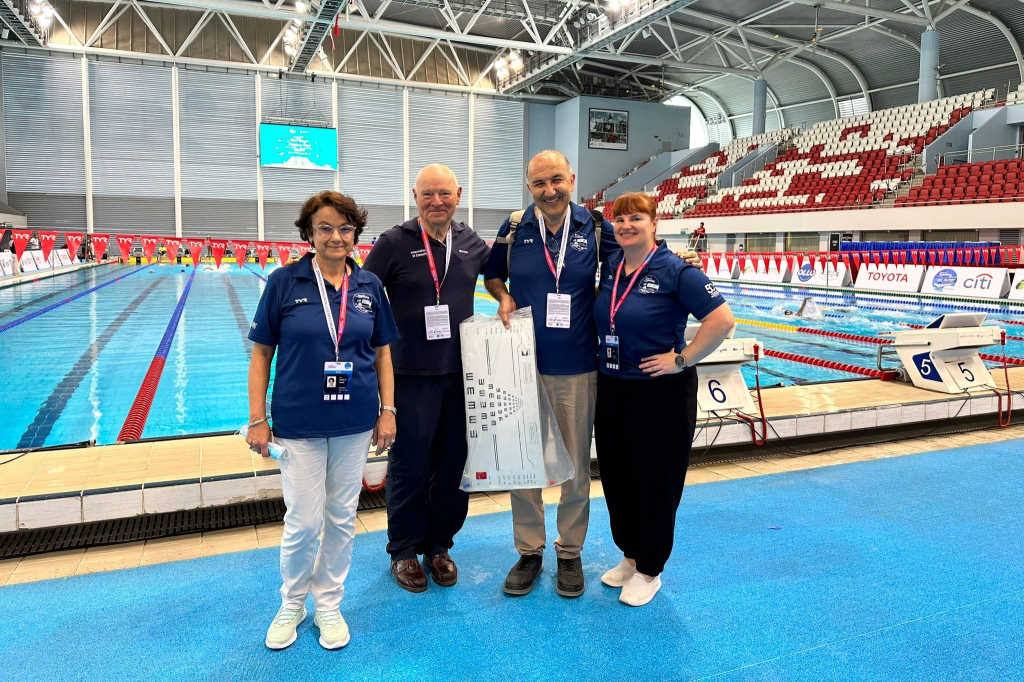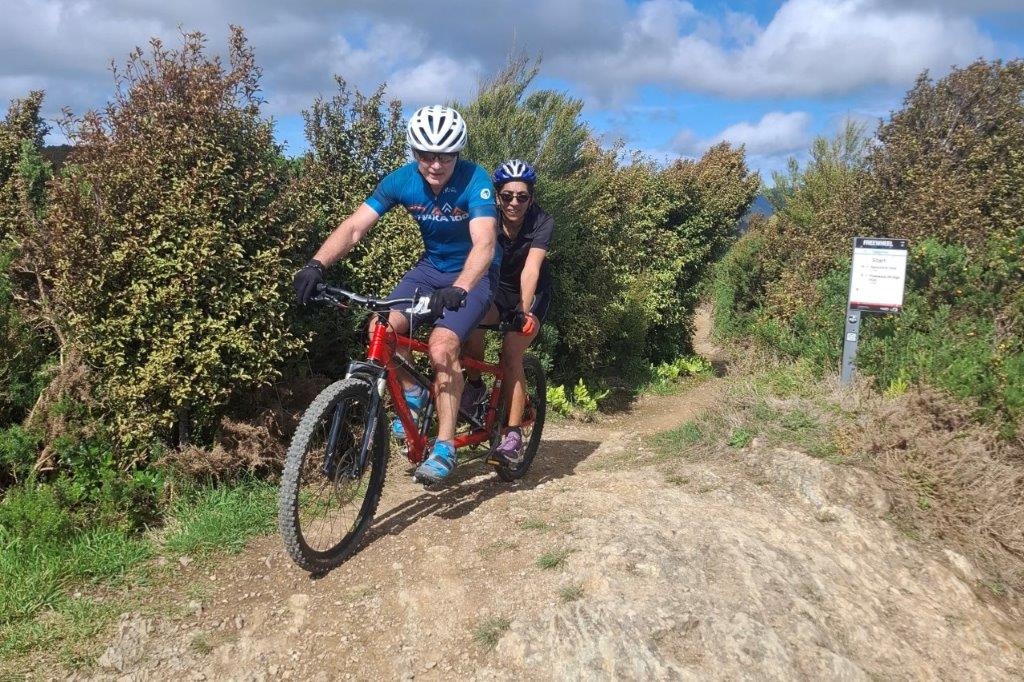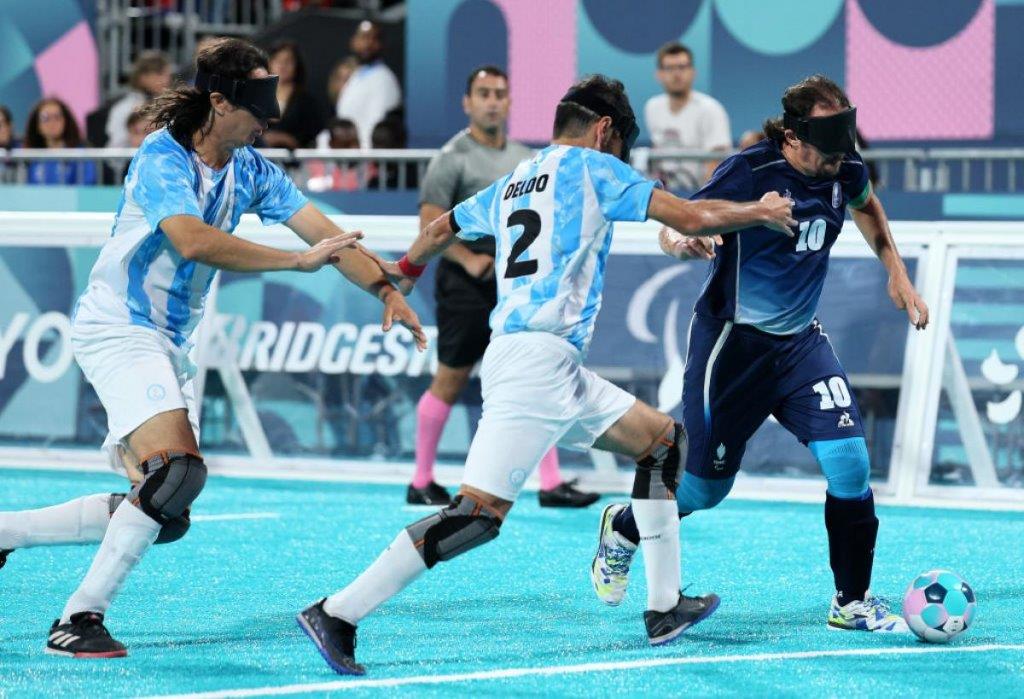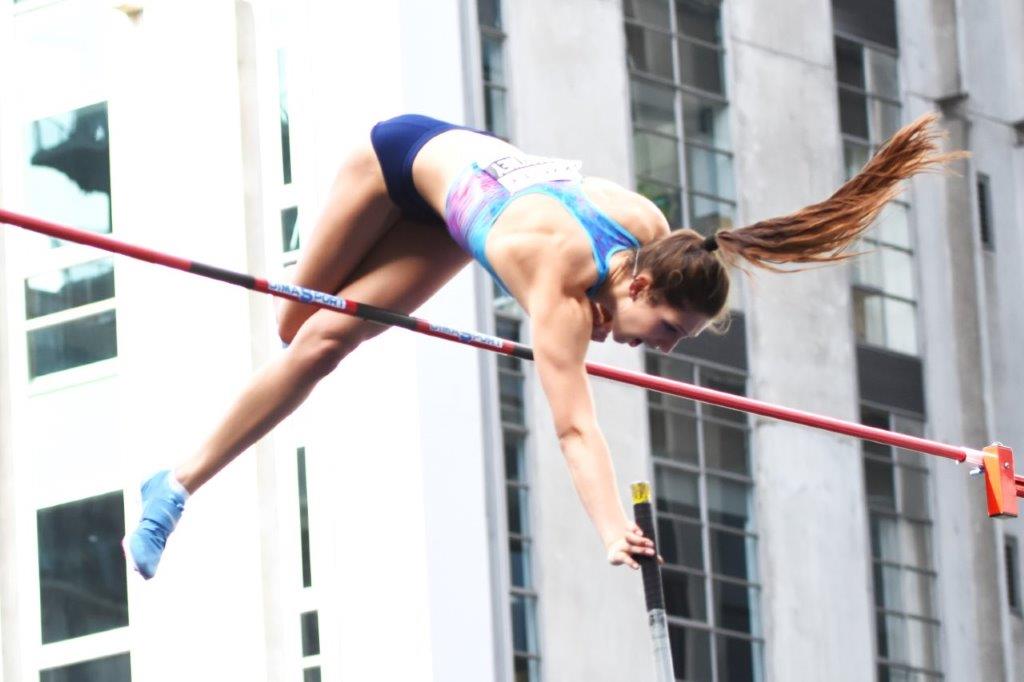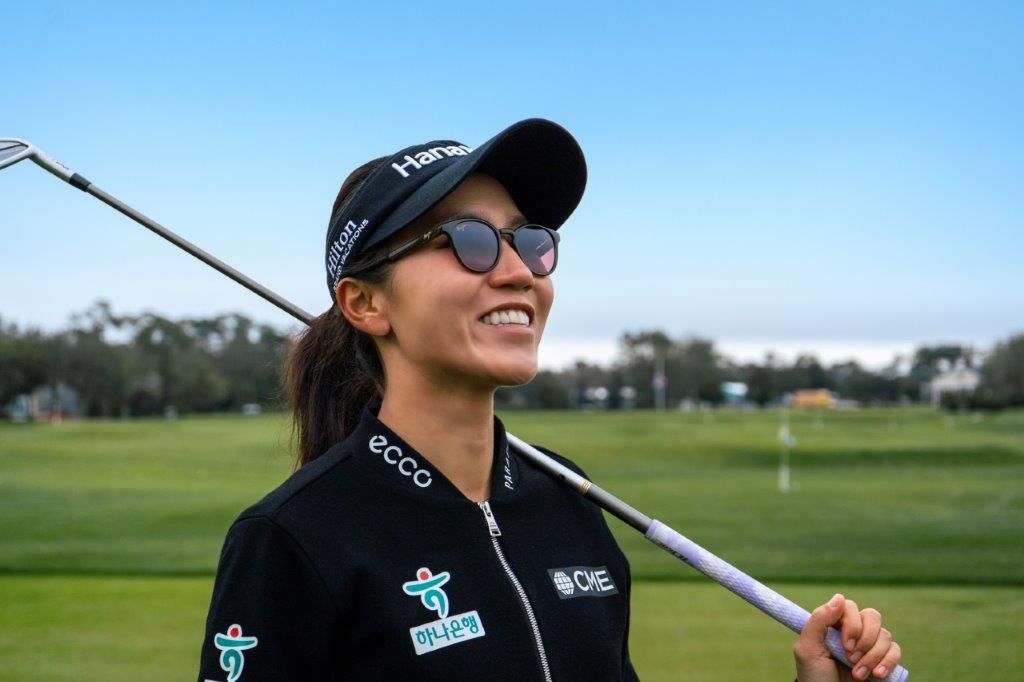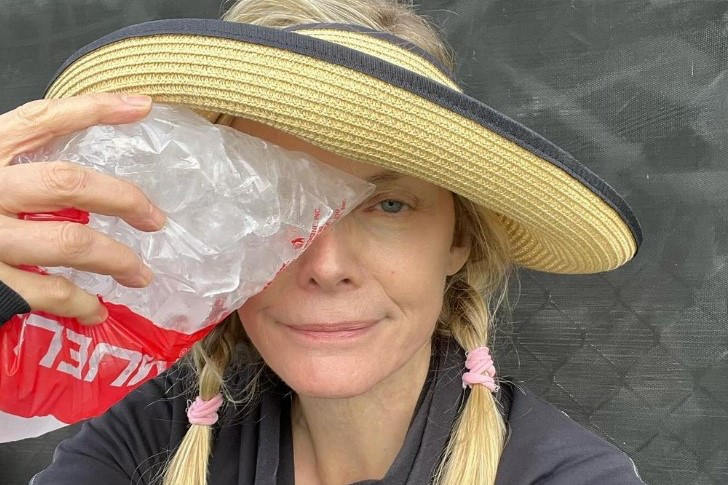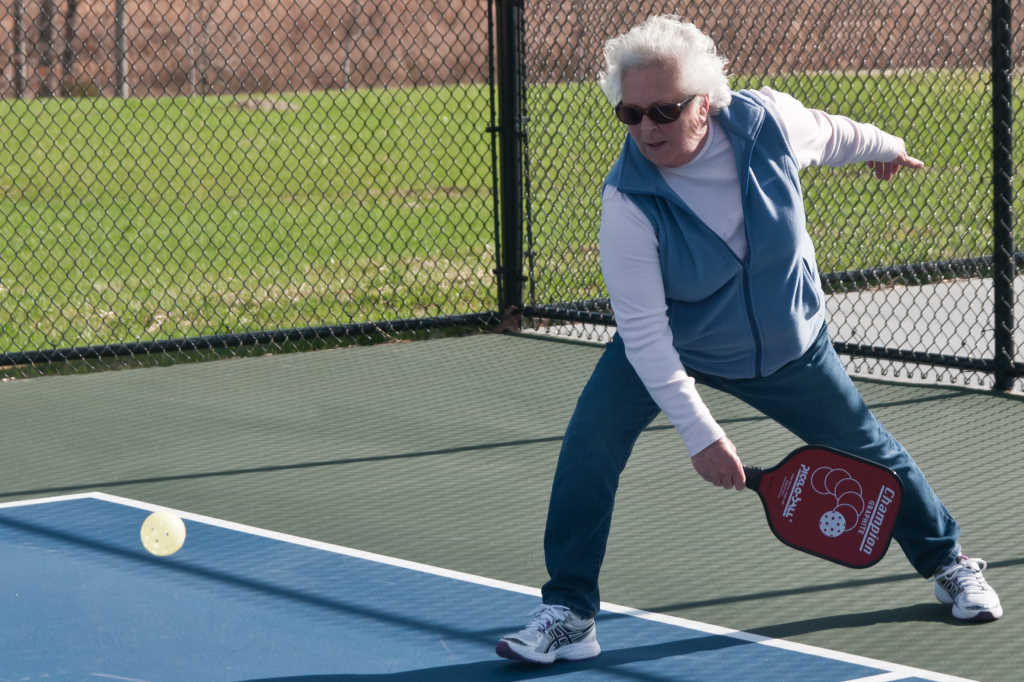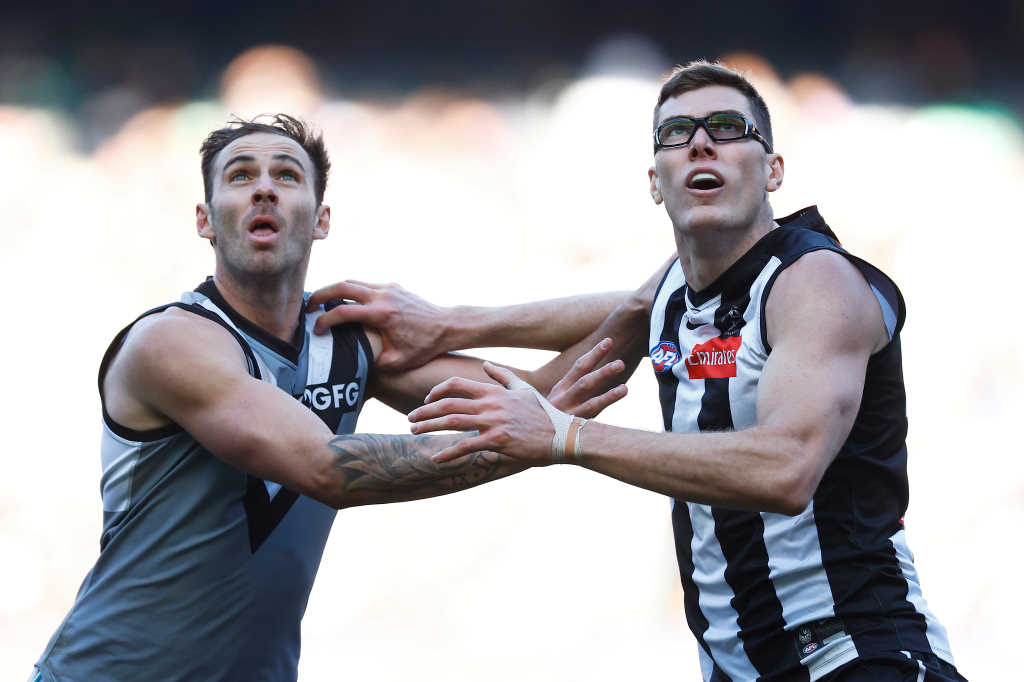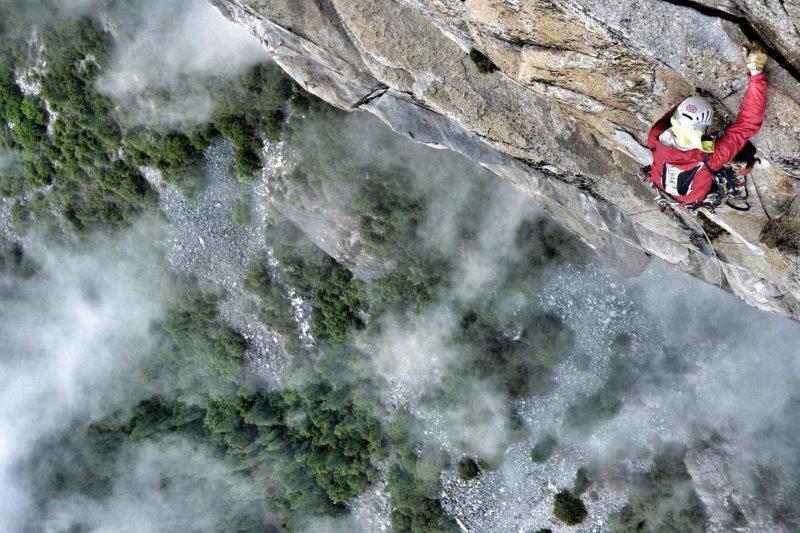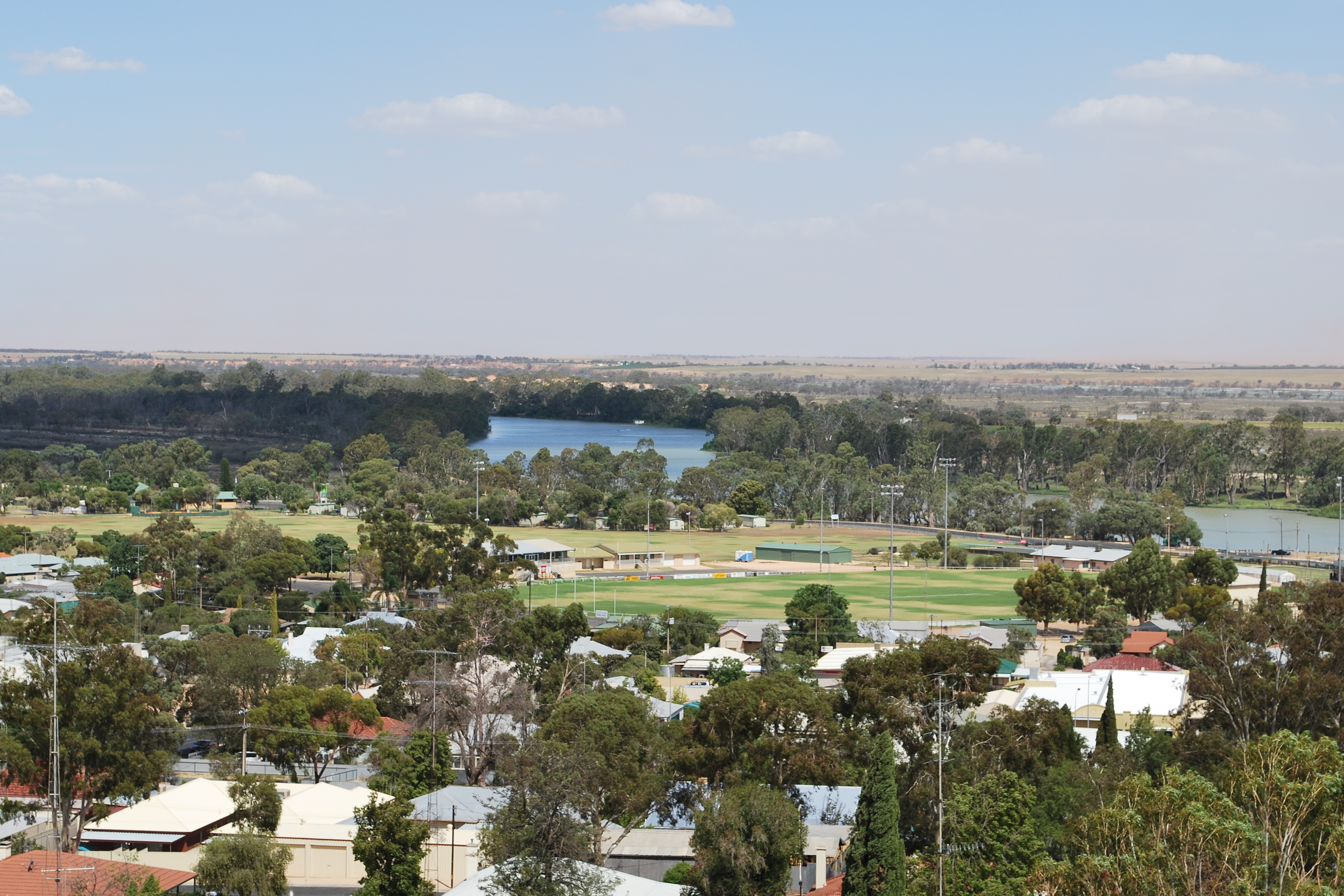NZ’s first international paralympic classifier
Renée Edgar, an optometrist with Wellington’s McClellan Grimmer Edgar, is New Zealand’s first certified international qualifier of visually impaired athletes for the Paralympics.
A recipient of the Prime Minister’s Scholarship through High Performance Sport New Zealand, Edgar trained in Malawi in November 2022 and is now certified to classify vision-impaired athletes at international events.
Marguerite Christophers, classification manager with Paralympics New Zealand (PNZ), said Edgar’s certification has a significant impact on para sport in New Zealand. “It will ensure all national classifications conducted by Renée in New Zealand are gold standard. It also means she will be abreast of current methodology, international trends, research and classification developments. Renée’s skills, knowledge and professionalism contribute greatly to the New Zealand para sport programme across multiple sports.”
Driven by a passion for sports vision and a desire to give back to the community, Edgar found her niche in the Paralympics movement. “Being a classifier for visually impaired athletes felt like a really nice fit for me and offered an opportunity to give back to a group we generally can’t do much to help,” she said.
Edgar said her training was much more in-depth than the national classifier course, consisting of three days of theory followed by practical work classifying athletes. Although her six-day visit to Malawi didn’t allow for much sightseeing, the experience was incredibly rewarding, she said. “It’s phenomenal to see how the athletes cope with such massive impairments. I love to hear the stories behind their achievements. I’d like to think we can do better in New Zealand, to help identify talent in the vision-impairment population, offering them something to work towards.”
Getting her feet wet
Edgar’s first challenge as an international classifier was a swimming event in Melbourne, Australia, followed by April’s Citi Para Swimming World Series Singapore. International classifiers are expected to do a minimum of two international events per year, Edgar said. “This year, being the year before the 2024 Paralympic Games in Paris, will be particularly busy as the Paralympics have a zero-classification policy. This means all athletes must be classified prior to the event to be allowed to compete.”
Prior to 2014, there was no national classifier for vision-impaired athletes in New Zealand. This meant athletes were required to travel to Australia to gain classification. To remove this barrier and improve access and certainty for athletes, Christophers ran a national classifier course which Edgar participated in, subsequently becoming the lead classifier in New Zealand. “Classification is integral to sport within the Paralympic movement as it determines who is eligible to compete as a para-athlete and groups athletes into sport classes where they compete against others with similar activity limitations,” said Christophers.
To be eligible to compete, the para-athlete must have impairment of the eye structure or receptors, impairment of the optic nerves or optic pathway or impairment of the visual cortex. Before a new athlete can receive classification, they must present a reference from their ophthalmologist and a specific form that defines their health condition and impairment. The initial panel assesses the application and conducts further tests.
Only licensed ophthalmologists, optometrists or orthoptists can qualify as national classifier of para-athletes with visual impairment. International classifiers are further trained in courses associated with a particular event and are used to qualify para-athletes prior to international competition. For more, see https://paralympics.org.nz/







